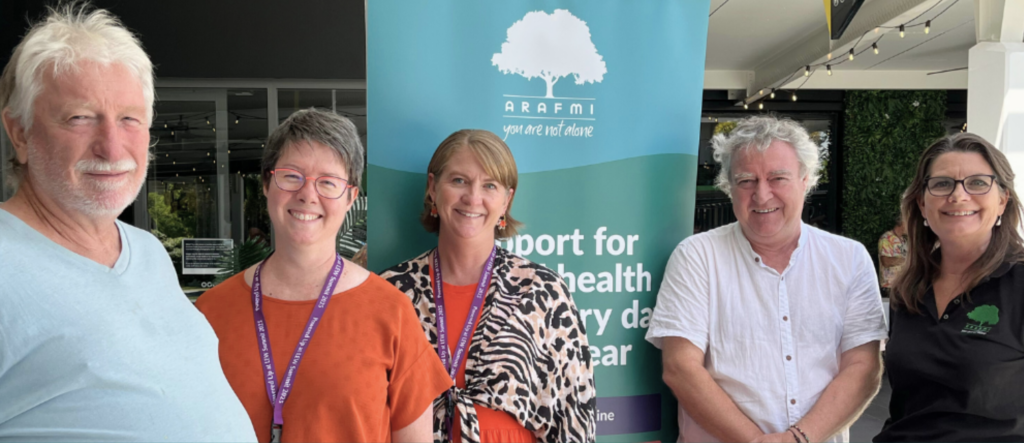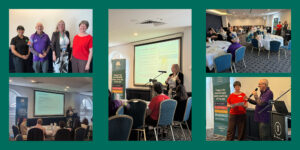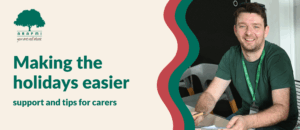Dr. Louise Byrne set the tone with a simple yet profound truth: the lived experience workforce is real, it’s on the ground, and it’s making a difference. Authenticity is key—our stories, both the good and the ugly, are not just valuable but necessary in shaping better services. However, it’s not just about being present; it’s about ensuring we have an equal seat at the table. Her advice to “educate, inspire, and engage” struck a chord. Lived experience voices can be incredibly persuasive, but we need to be strategic about how we share them. That means tapping into training opportunities, learning the language of the system, and staying connected with others who share the same mission.
Indigo Daya’s presentation was a standout for me. Her work around trauma, self-injury, and how the mental health system silences people was both confronting and empowering. Her phrase, “every part of you is welcome”, resonated deeply. So often, carers are expected to edit their experiences to fit within a system that doesn’t fully understand or acknowledge our realities. But the more we “slice through the silence”, the harder it becomes to ignore what needs to change.
Simon Katterl’s session on Keeping Human Rights in Mind reinforced something I’ve always felt, advocacy is most effective when it’s clear and strategic. His message was about building coalitions, growing power ethically, and making sure lived experience perspectives aren’t just heard but actually influence change. One of his key points was that systems don’t change just because they should, and we all know they should; they change because enough people demand it. His advice to have a clear vision and work within strategic alliances made me rethink how I approach advocacy as a carer. It’s not about fighting alone, it’s about working together to push for real improvements.
A highlight of the summit was the workshop Growing Together: The Lived Experience Carer Workforce in the QLD and Victorian Mental Health System, presented by Katherine Reid and Lorna Downes. Their research, together with many other amazing colleagues of theirs, is a critical step towards building a more structured, professional, and well-supported carer workforce. Knowing that such compassionate, esteemed experts are actively working to solidify the role of lived experience carers in the system gives a sense of security and foundation. It strengthens the backbone of carer advocacy, ensuring that the voices that need to be heard are amplified in meaningful ways. This session, like many others, reinforced the importance of professionalising carer lived experience work while maintaining the authenticity and heart that make it so powerful.
One of the more validating discussions at the summit was around the need for carers to step in and out of advocacy roles, depending on personal capacity. The nature of being a carer means that burnout is always a risk. The idea that a strong community of practice allows for this flexibility, where different people can carry the load at different times, felt like a game-changer. For too long, I’ve felt that advocating for better services meant either going all in or not at all. This summit helped me see that it doesn’t have to be that way. There’s space to contribute in different ways, and sometimes, simply being part of the conversation is enough to keep the momentum going.
Before attending this summit, I knew systemic change was needed, but I wasn’t sure how much of a role I wanted to play in it. Now, I can see the value of joining a community of practice, not just for advocacy, but for support, connection, and shared learning.
The system is far from perfect, but I hold hope that it’s not beyond repair. There are people out there doing incredible work to create change, and I want to be part of that conversation. Not because I think I have all the answers, but because I truly understand, more than ever, that no single voice does. It takes many voices, many experiences, and many perspectives to make a real difference.
For anyone who wasn’t at the summit, I hope this gives a glimpse into what was shared and why it mattered. For me, it was a reminder that lived experience is powerful, but collective lived experience is unstoppable.



